History of the dish
Fattah is thought to have evolved from a Pharaonic dish called Fotat according to a number of prominent Egyptologists. Fotat was made by soaking dried old bread in a meat stock or in yogurt. The name Fotat means crumbs or small pieces in Egyptian Arabic. While the role of the dish is not exactly clear in Pharaonic society, it seems to have been eaten in Egypt since time immemorial. The ancient Egyptians were extremely fond of garlic in their food, as they believed it warded off evil spirits and that it provided strength and vitality to the human body, it is possible that if Fattah was a Pharaonic dish then the garlic was part of their recipe. The Coptic Egyptians are the modern day descendants of Ancient Egyptians and so it is possible that they kept the dish alive throughout the millennia and made changes along the way. (It’s hard to verify the origins of dishes from 2000 years ago.
Fattah was popularized as a dish during the Fatamid Dynasties rule of Egypt (969 – 1171 AD). During Eid the Fatamid rulers would throw street feasts, where people from all walks of life were welcome, the main dish served at these feasts was Fattah. This was likely due to the simplicity in scaling up the dish, but also the efficient use of meat when creating a stock.
The dish became known as the People’s dish as it was eaten by rich and poor alike. Sometime in the 19th century when tomatoes spread like wildfire in the Ottoman empire, the tomato sauce was added to the dish. In some cities in Egypt, it is still eaten without the tomato sauce to this day.
This recipe is based on the one I learned from my mother in law who was a great chef!
Ingredients for the meat:
1 kilo veal meat
5 cup (50 g) diced carrot
5 cup (50 g) diced onions
1 cup (100 g) diced celery
0.7 oz (20 g) whole cardamom
0.35 oz (10 g) bay leaves
0.35 oz (10g) black pepper corn
1 tbsp (17 g) salt
1 tbsp of cumin
6 cups of water
Elaboration:
1. Put the meat, carrots, onion, celery, cardamom, cumin, bay leaves and peppercorns in a pan and bring to a boil over medium-high heat. Reduce the heat to medium-low, cover and simmer the meat for 60 minutes or longer, until it is tender
2. Strain and reserve three cups of the broth. Set the meat aside. Discard the solids.
3. The meat should be fried in ghee or olive oil before served on the top of the dish
Ingredients for the rice:
1 cup rice (200 g) white short grain rice
2 tbsp. (28 g) unsalted butter or ghee
½ tbsp. (8.5 g) salt
3 cups (0.7 L) water
Elaboration:
1. While the meat is braising, wash the rice well under running water and drain.
2. Heat two tablespoons of butter in a deep saucepan over medium-high heat and stir for a minute. Add the rice and stir for another minute.
3. Add the salt and water and bring to a boil. Reduce the heat to very low, cover the saucepan and simmer for 20 to 25 minutes, or until all the liquid is absorbed.
Ingredients for the sauce:
2 tbsp. (28 g) olive oil
3 tbsp. (45 g) minced garlic
100 g (3.5 oz) diced fresh tomatoes and their juices
½ cup (118 mL) water
½ cup (118 mL) white vinegar
1 tbsp. (17 g) cumin
½ tbsp. (8.5 g) white pepper
½ tbsp (8.5 g) salt
Elaboration:
1. Heat the olive oil in a small saucepan over medium-high heat. Add the garlic and stir continuously until it is golden.
2. Stir in the tomatoes, water, vinegar, cumin, salt and white pepper. Heat until they come to a boil.
Ingredients for the bread:
2 pieces pita bread
2 tbsp. (28 g) unsalted butter
2 to 3 cups meat broth reserved from cooking the meat
Elaboration:
1. Cut the bread into bite-sized squares. Heat the butter in a large skillet over medium-high heat. Add the bread and stir until it is crisp.
2. Starting with two cups of the meat broth, gradually add broth to the bread and stir until the bread is just soft. (Add up to three cups if necessary.) Drain off any unabsorbed broth and discard.
To plate the dish
1. Arrange the bread evenly on a large serving platter.
2. Spread the rice over the bread and sprinkle some of the sauce over the rice.
3. Place the fried meat on top and serve immediately.
About the Author: Marisa Lopez Chicote is an event planner and mother of 5, living in Cairo and Muslim since 1985, alhamdullah. She loves travelling and cooking.





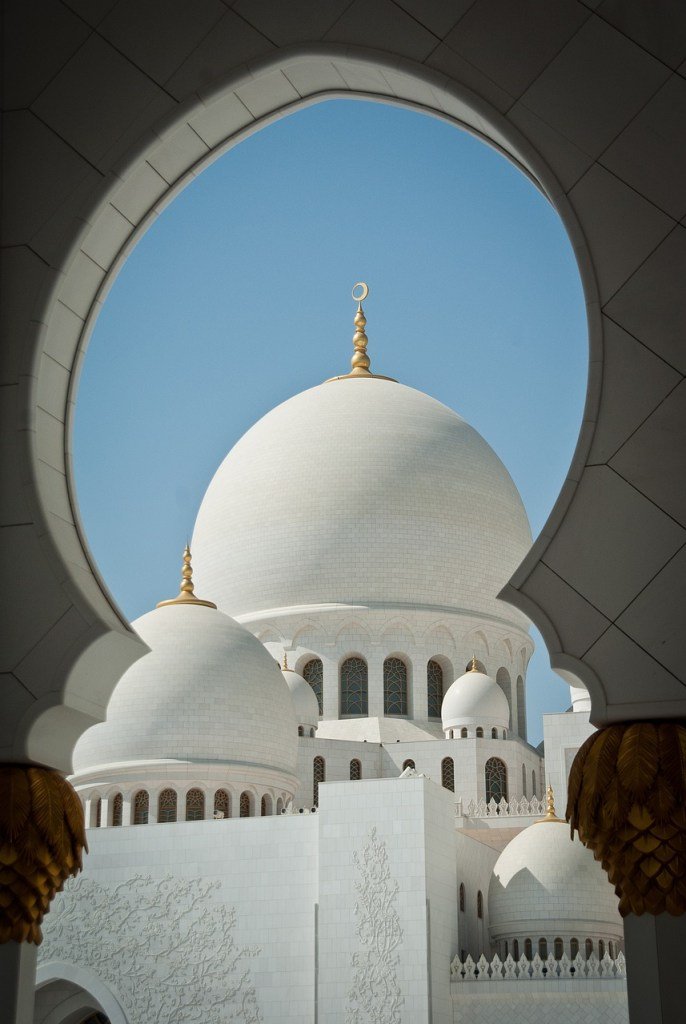

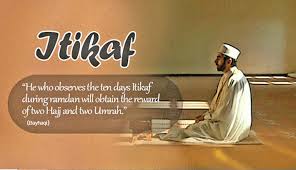
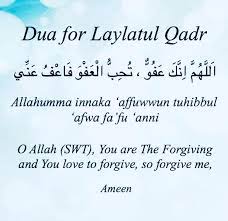





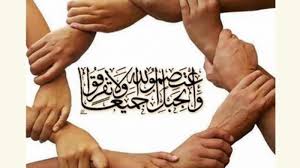
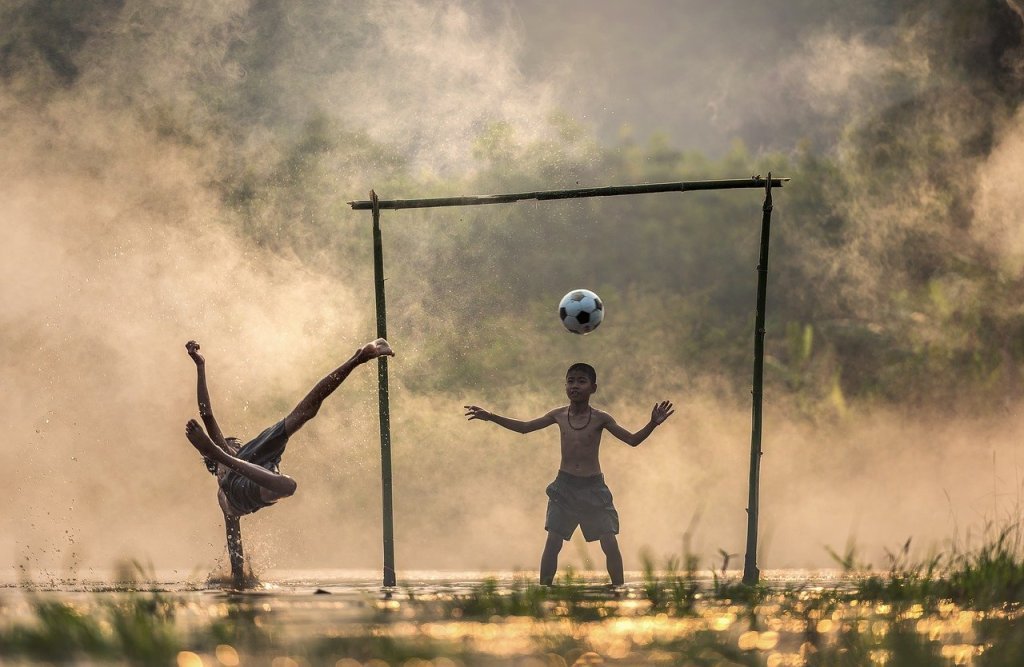
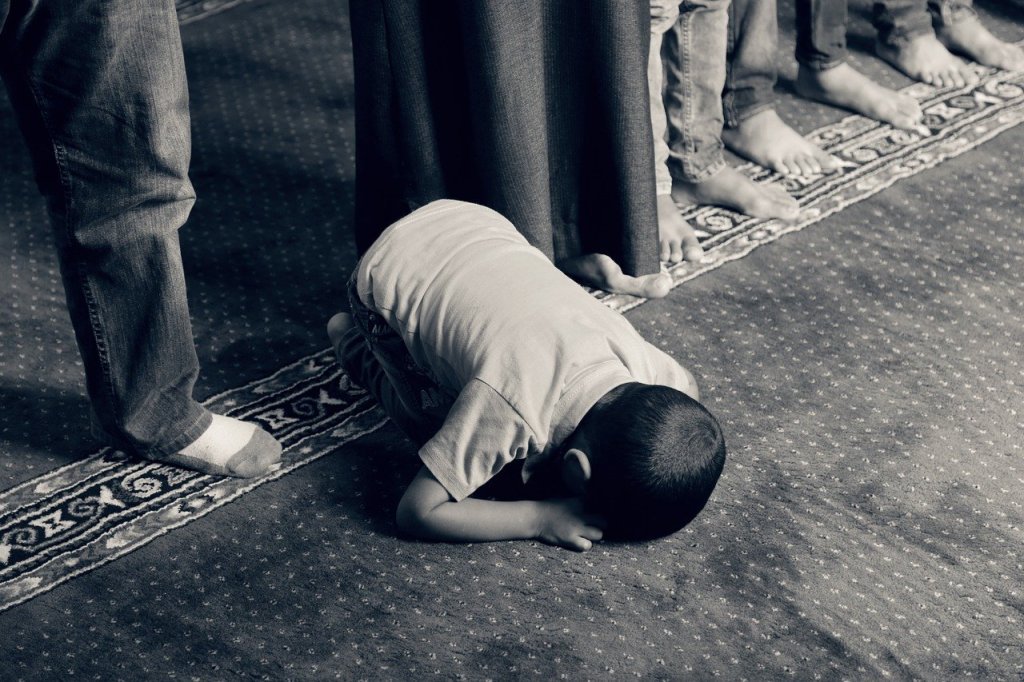
MITOLYN REVIEWS